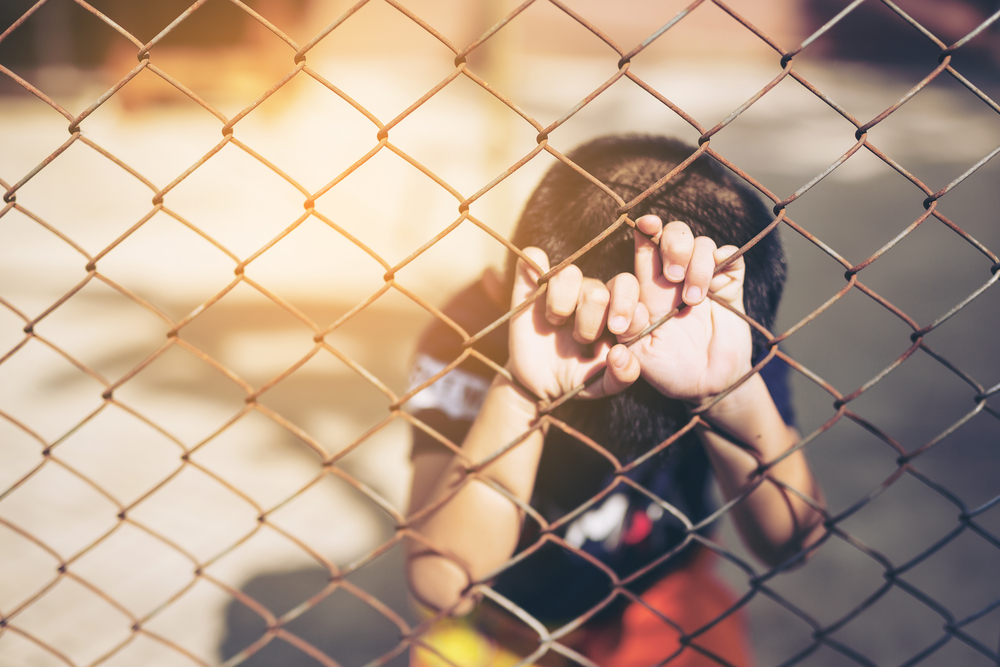Children are parents of the future and if they are not well taken care of or protected it means the future of the nation will be problematic.
This is according to Johannesburg Child Welfare Director Carol Bews.
She spoke to Vuk’uzenzele as South Africa continues to observe Child Protection Week, which was launched on Sunday in Tshwane by Social Development Deputy Minister Hendrietta Bogopane-Zulu.
It was launched under the theme “Let Us Protect All Children to Move South Africa Forward.”
Bews said the future of South Africa is directly linked to how citizens treat their children.
 “We need to do the best that we possibly can as communities to help parents take care of children. A lot of us do not take that seriously and that is why South Africa is ranked amongst the top when it comes to the abuse of children,” she said.
“We need to do the best that we possibly can as communities to help parents take care of children. A lot of us do not take that seriously and that is why South Africa is ranked amongst the top when it comes to the abuse of children,” she said.
“Above 90 percent of South African children are either exposed to violence or have their rights violated, and 40 percent of child abuse cases are related to sexual abuse. We have so many children in the country who are abandoned,” she added.
Bews is concerned that sometimes child abuse occurs in places like schools where children are supposed to be safe.
“Parents must always listen to their children when they speak about being abused in schools and it is also important to monitor change of behaviour,” she said.
Some of the physical signs of a child who is being abused include bruises and marks. However there are also psycho-social signs such as a child who shies away from people or is more sensitive to people who make noise or speak harshly and a child who does not want to play with other children.
She also said in many cases child abusers are often people who abuse alcohol and drugs.
Johannesburg Child Welfare is a Child Protection Organisation (CPO) that is registered with the Gauteng Department of Social Development in terms of the Children’s Act to provide a statutory service, prevention and early intervention for children between zero and 12 years old.
The organisation is one of the biggest child protection organisations in the country. It has hired about 50 social workers and is funded by Gauteng Department of Social Development to render their service.
Bews said her organisation has two homes that look after about 120 children. “We also work with other registered organisations across Gauteng to accommodate children because we get too many,” she explained.
“We take care of children who were abandoned at birth, some were neglected by their parents and others have been abused in various ways including rape and attempted murder,” she said.
She said children who have been abused suffer a lot of trauma and have to go through counselling.
During the launch of Child Protection Week, Deputy Minister Bogopane-Zulu encouraged South Africans to wear green ribbons to raise awareness about the cry of children and to create a violence-free environment in which all children can live without fear of being abused.
“Violent crimes against children as released in a report by the South African Police Service remain high in the country. According to SAPS, 38 995 cases of sexual offences against children were reported in the last year,” she said.
“This figure indicates that violence against children, especially, sexual violence in the country is still a major concern,” she added.
She said sexual abuse against children has a major long-term effects on all aspects of a child’s health, growth, intellectual development and mental wellbeing even when they become adults.
Child protection refers to preventing and responding to violence, exploitation and abuse against children including commercial sexual exploitation, trafficking, child labour, and harmful traditional practices such child marriage.
Child protection programmes target children who are vulnerable to abuses, such as those living without parental care, in conflict with the law and in armed conflict.
Children subjected to violence, exploitation, abuse and neglect are at risk of death, poor physical and mental health, HIV/AIDS infection, educational problems, displacement, homelessness and poor parenting skills later in life.
To prevent violent incidents of child-related abuse and neglect, including gender based violence in the households, the Department of Social Development established the Gender-Based Violence Command Centre (GBVCC) to provide professional trauma counselling and support to victims of gender-based violence.
The command centre is also a 24-hour call centre dedicated to providing support and counselling to those affected by gender-based related violence, especially abused women and children.
The toll-free number for command centre is 0800 428 428. Callers can also request a social worker from the command centre to contact them by dialling *120*7867# (free) from any cell phone.



 Facebook
Facebook Twitter
Twitter WhatsApp
WhatsApp